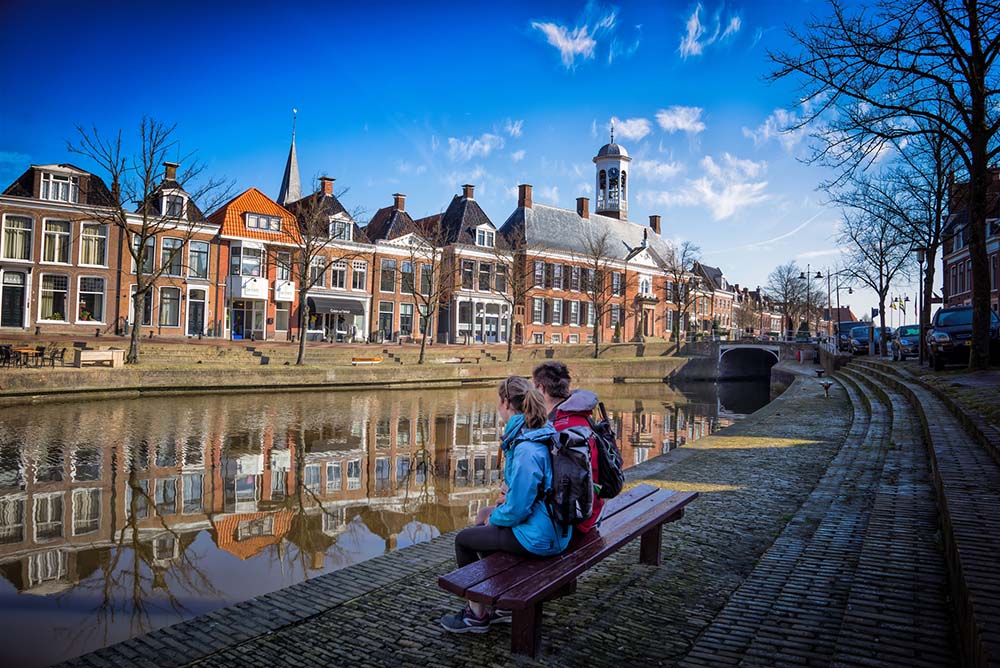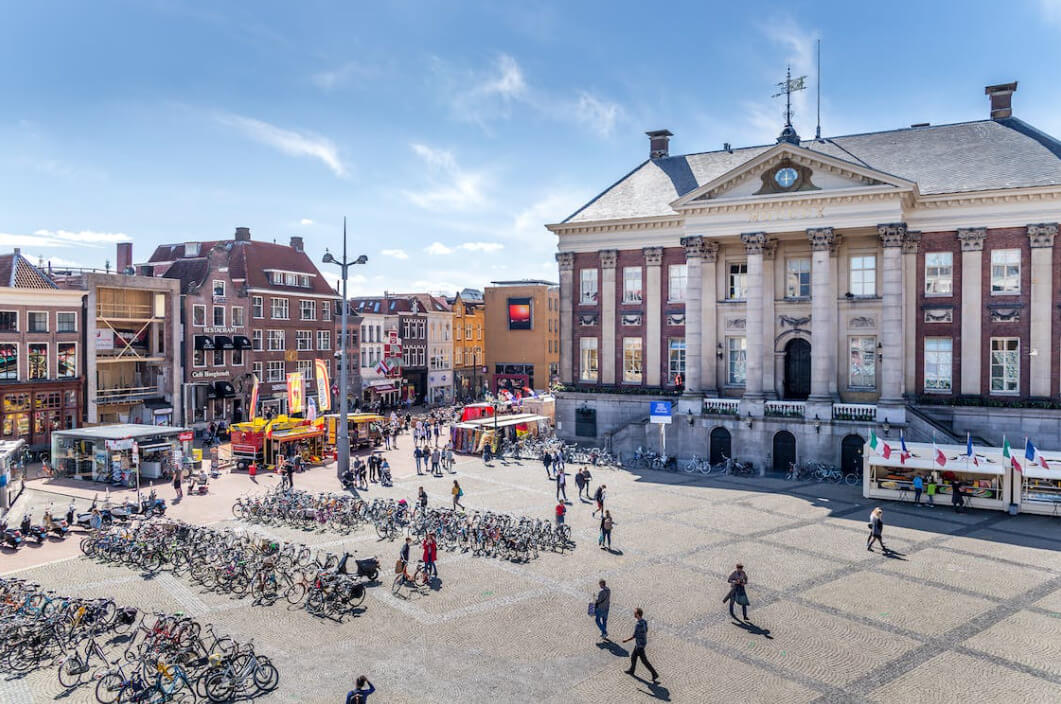PhD Electrochemical Ammonia Synthesis

In the Engineering and Technology Institute Groningen (ENTEG), we are looking for a talented and motivated PhD candidate on electrochemical ammonia synthesis in Protonic Ceramic Membrane Reactors (PCMRs). Ammonia is not only a key-chemical for sustaining global population, but also an intriguing carbon-free energy carrier. Ammonia, however, is the most energy intensive commodity chemical, responsible for 1-2% of energy consumption and CO2 emissions worldwide. The PhD project will support the efforts for creating an innovative electrochemical membrane reactor that incorporates all steps of hydrogen generation/purification from sustainable sources and ammonia synthesis in a single device. The PhD project will be part of the OASYS project funded by NWO in the context of the Open Competition Domain Science-M programme (Twenty-one innovative research projects awarded through Open Competition Domain Science-M programme | NWO - https://www.nwo.nl/en/news/twenty-one-innovative-research-projects-awarded-through-open-competition-domain-science-m-programme).
Responsibilities and tasks:
- Development of novel electrocatalysts for N2 fixation.
- Fabrication of single cells with targeted characteristics.
- Advanced characterization of materials and electrocatalysts’ evaluation of the reaction mechanisms.
- Preparation of scientific articles and conference communications.
- Teaching activities (10% of total workload), including supervision of Bachelor and Master students.
- Contribution to the scientific and collaborative research environment in Chemical Engineering group and the ENTEG institute.
Organisation
The Engineering and Technology institute Groningen (ENTEG) in which this position is embedded is the engineering science and technology institute of the University of Groningen, The Netherlands. ENTEG research is highly multidisciplinary in nature and focuses on fundamental and applied research on the development of new and innovative processes and products for a wide range of product sectors. Process driven research activities are performed in the field of chemical and biochemical systems, mechanical and electric systems and system networks. Typical product sectors include biobased products, tailored, complex materials such as advanced polymers or polymeric formulations, catalysts, mechatronic devices and software and algorithms. Design, control and modelling and analyses complement the activities.
The University of Groningen has an international reputation as a dynamic and innovative center of higher education offering high-quality teaching and research. Balanced study and career paths in a wide variety of disciplines encourage the 33,000 students and researchers to develop their own individual talents. Belonging to the best research universities in Europe and joining forces with prestigious partner universities and networks, we are truly an international place of knowledge. The Faculty of Science and Engineering harbours a kaleidoscope of disciplines and research strengths. Our programmes in research and education range from nanomaterials and biomachinery to astronomy, from mathematics to pharmacy, from neurosciences to computer science, and from molecular and evolutionary biology to marine biology.






